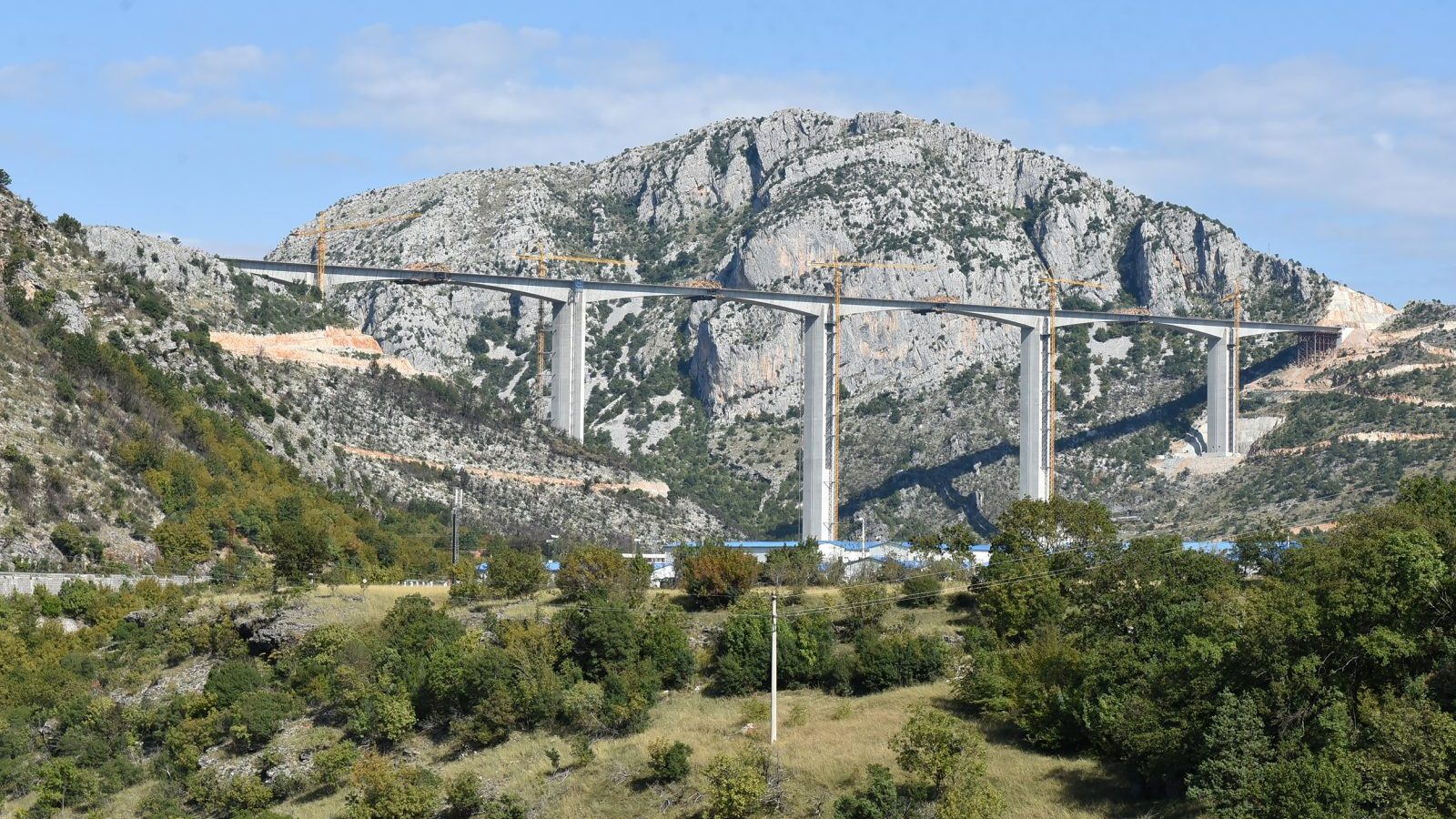Liberal democracies are increasingly under fire from the world’s two autocratic giants, Russia and China, and policy responses from Western governments appear oddly uncoordinated – at least for now. Let me count the ways:
- In the past few days, Russia has been building up troops along the Ukrainian border, alleging it’s a response to “NATO threats” but raising fears of a repeat of the Crimea invasion;
- Today, the U.S. reacted in a different direction, slapping sanctions on Russia accused of cyberattacks and interference with the presidential elections in a bid to support Trump;
- Tomorrow, according to the Chinese Foreign Affairs ministry, Chinese President Xi Jinping will join German Chancellor Angela Merkel and French President Emmanuel Macron for a “climate change summit”, presumably a mini-summit as EU President von der Leyen and European Council president Charles Michel are not invited (for now);
- Still on climate change: US President Biden, with John Kerry as his climate envoy, is working out on his own agreements with Japan, South Korea and Canada to bolster carbon emission reduction targets in all four countries ahead of the summit of global leaders to be held on Earth Day, April 22 – however, so far, no agreement with China has been reached and Europe does not appear to be directly involved;
- With the end of the Afghan war in sight, U.S. Secretary of Defense Lloyd Austin, visiting Brussels, asked NATO allies to turn away from Kabul and focus on China;
- China, in the meantime, has unleashed yet another chapter in its “debt diplomacy”, for the first time reaching the borders of Europe and targeting Montenegro, a small Balkan country bordering the Adriatic and a candidate to the European Union: With only 622,000 inhabitants, Montenegro suddenly finds itself unable to pay the debt it has contracted with China in 2014 for the purpose of building a highway linking the Adriatic to Serbia.
Looking at this backdrop of uncoordinated, seemingly random policy responses, one may well wonder what happened to Western diplomacy. And yet, among this range of diplomatic maneuvers, one in particular, we could call it the Montenegro case, is a matter of real concern: It shows exactly how China’s famed (or infamous) Belt and Road Initiative really works and why we should fear the lure of the modern version of the Silk Road.
Montenegro immediately sent a letter to the European Commission laying out its plan to seek help and an official reply is being prepared by Brussels, although the immediate reaction from Commission Spokesman Peter Stano was negative: Europe, he said, wouldn’t help because it’s “not paying loans taken from third parties”. The French begged to disagree, with a tweet from Europe Minister Clément Beaune: “A textbook case on our doorstep,” he said, adding, “We are working on it with the European Commission to find [EU] support and reduce dependence on China in the Balkans.” And he concludes that this assistance from the EU should help us become aware that our rivals provide only “mirage-aid”:
#Balkans | Un cas d’école à nos portes. Nous y travaillons avec la Commission européenne : trouver un soutien 🇪🇺 et réduire la dépendance à la #Chine dans les Balkans. Ce secours 🇪🇺 doit marquer une prise de conscience sur les aides-mirages apportées par nos concurrents. https://t.co/JdIWuc6BuC
— Clement Beaune (@CBeaune) April 12, 2021
The Montenegro Case: How it Happened
At first sight, the 1 billion euro loan Montenegro’s government took from China’s state-run Exim Bank was only meant to finance 41 km, the first phase of a 169 km highway linking the port of Bar on Montenegro’s Adriatic coast to landlocked neighbor Serbia. Politico reports that the EU expressed reservations at the time but Montenegro went ahead with the decision to engage with China. No doubt, the small sea-side country expected that a rising income from booming tourism would enable it to sustain the debt burden with no difficulty.
With the COVID-19 pandemic undermining its main source of income, that expectation proved to be deeply wrong. Moreover, Montenegro has a relatively high debt in relation to its small population, totaling 4.33 billion euros or 103 percent of GDP last year. And a quarter of its debt is now held by China.
Montenegro has three months to settle the first repayment. The fear in Brussels is that a failure to repay could result in China taking control of Montenegro’s assets as collateral. A spokeswoman for the EU commission said “The EU has concerns over the socioeconomic and financial effects some of China’s investments can have. There is the risk of macro-economic imbalances and debt-dependency.”
While Europe’s reaction on Monday was not helpful to Montenegro, there was a glimmer of hope. Foreign policy spokesperson Peter Stano told Politico: “The European Commission will continue to support Montenegro on its path towards EU membership, and in this context work with the country to find financial solutions for its investment projects and to ensure the sustainability of its public debt.”
What does “work with the country to find financial solutions” mean?
These are not empty words. The EU has in fact unveiled last year (17 December 2020) a new mechanism to help Western Balkan nations build infrastructure. Widely seen as an attempt to fend off China’s Belt and Road Initiative, it was presented as a first step worth some 520 million euros. The broader plan dubbed the Western Balkans Investment Framework (WBIF) was established much earlier, in 2009 to be exact and it is officially described in typically Euro-nese language, as a “regional blending facility supporting EU enlargement and socio-economic development in Albania, Bosnia and Herzegovina, Kosovo*, Montenegro, North Macedonia and Serbia”.
In principle, within WBIF, favorable lending conditions could be offered to Montenegro. WBIF pulls together a number of public and private financial institutions. As Stano says, WBIF could “help leverage funding from other public and private investors, including from the European Investment Bank”.
Montenegro is also getting a hand from the European Parliament. In a report adopted on Tuesday, members of the European Parliament’s foreign affairs committee expressed full support for Montenegro’s accession to the EU, noting: “Montenegro is increasingly vulnerable as its public debt grows, in particular to China.” Tonino Picula, the Parliament’s rapporteur for Montenegro, told Politico: “I understand the reasoning of the European Commission [on not repaying debt], but I would also call for more sensitivity as regards Montenegro, the frontrunner of EU enlargement, which has been severely impacted by the COVID pandemic, having tourism as its main industry,”.
Stefan Vladisavljev, coordinator of the Belgrade Forum, a think tank, was quick to suggest a solution, resorting to COVID-19 recovery financing: He called for redirecting “€113 million envisioned for Montenegro through the EU-Western Balkan COVID-19 package for the socio-economic recovery and macro-financial assistance” That would “provide breathing room for Montenegro,” he said, to be followed by a new “long term and more sustainable plan for the repayment of the Chinese debt.”
Will China accept and wait? Perhaps. Foreign Ministry Spokesman Zhao Lijian told reporters on Tuesday: “China places great emphasis on growing relations with Montenegro and hopes to work together with it to further deepen mutually beneficial cooperation to deliver benefits to the two peoples.” Diplomatic speak to signify that they are open to discussion.
So will the mess be picked up by the EU? Most likely it will. Let’s hope that the other issues that remain on the table will be equally nicely resolved.
EDITOR’S NOTE: The opinions expressed here by Impakter.com columnists are their own, not those of Impakter.com.
In the cover photo: Komarnica bridge on the highway from Bar to Boljare in Montenegro Source: Govt of Montenegro










